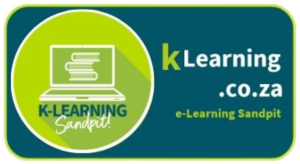INTRODUCTION ON SELF REGULATION
Self-regulation is a fundamental skill that empowers individuals to manage their emotions, thoughts, and behaviors in a constructive and balanced manner. It plays a crucial role in enhancing personal development, academic performance, and overall well-being.
During adolescence, students experience significant changes in their physical, emotional, and social aspects of life. Understanding and practicing self-regulation during this stage is particularly valuable as it lays the foundation for healthy coping mechanisms and effective decision-making throughout their lives.
Understanding Self-Regulation
We will start by defining self-regulation and exploring its importance in personal growth and overall well-being. Students will learn to identify the key components of self-regulation and understand the impact it has on their lives.
Emotional Intelligence:
: Emotions are an integral part of life, and learning to regulate them is crucial. In this section, students will explore emotional intelligence, recognizing their emotions, and understanding how they influence their thoughts and behaviors.


Developing Self-Awareness: Self-awareness is the foundation of self-regulation. Through various self-assessment activities, students will gain insights into their strengths, weaknesses, and triggers, enabling them to proactively manage their emotions and reactions.
CONCLUSION
Throughout this course, students will be encouraged to participate actively, engage in group discussions, and share their experiences. Let's embark on this exciting journey of self-discovery and self-improvement, aiming to become well-rounded individuals equipped with essential self-regulation skills to thrive in every aspect of life.

Hi Zethu,
Late submission! (2.8.23) You did the picture x 2. L And where is your PowerPoint? Please contact Lyndie to assist you.
Maggie